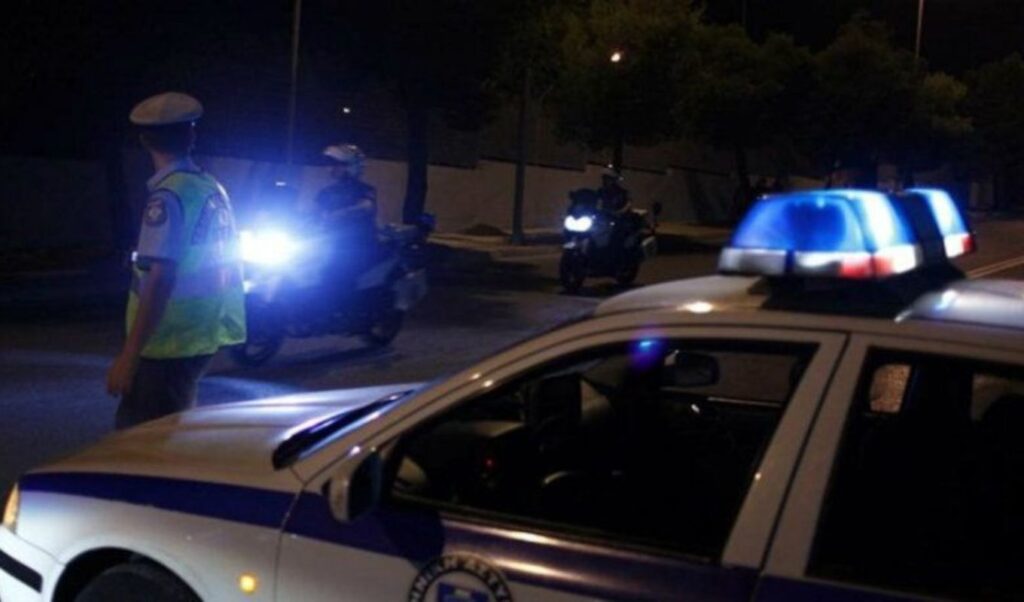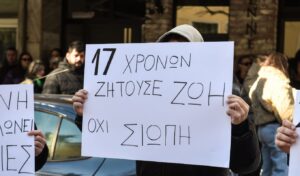The results of the investigation by “Kyriakátiki Apogeumatinī” are fully revealing regarding a characteristic problem of Greek society. This concerns the inadequate handling of repeat offenses by Roma criminals by the Greek justice system, but mainly the inability to establish bidirectional communication between the non-Roma population and the undoubtedly Greek elements of this nomadic community.
These issues result in the repeated turn of our Roma compatriots to criminality, while simultaneously the Hellenic Police are called upon to constantly spend human and material resources to combat a phenomenon that has taken the form of a Hydra. From the statistical data collected by “Kyriakátiki A” in critical areas where the Roma population is distinct, it emerges that the proportion of criminals, defendants and convicts in relation to other Greeks is disturbingly high, while the percentages of offending Roma who benefit from restrictive conditions, such as reporting to local police stations, are almost overwhelming, thus creating a sense of impunity in the face of often repeated incidents.
Thus, five different areas of Attica came under the microscope of “Kyriakátiki A”, where Greeks who simultaneously belong to the nomadic community provenly reside. Megara, Aspropurgos, Acharnes, Zefyri and Fyli were put under the magnifying glass. What emerges from police sources is absolutely characteristic. Data arising during consecutive special operational actions in these areas also reveals the ethnic origin of those being controlled. Based on this criterion and estimates of the total population of nomadic Greeks, some revealing data emerges about the treatment that Roma offenders receive.
“Stalinist” percentages
The investigation conducted at the police departments of the specific areas revealed that a large portion of the criminals, defendants and convicts called upon to report monthly or bi-weekly are Roma. This potentially highlights the treatment they receive during the investigative process or criminal prosecution procedures.
It is characteristic that out of 700 citizens called to report to Fyli police stations, 600 are estimated by police sources to be Roma. This represents a percentage of over 85%.
In Zefyri, where the proportion of Greek Roma residents compared to others is quite high, 365 citizens are currently called to report to area police stations for various offenses. Of these, estimates indicate that 341 are Roma. The percentage therefore exceeds 93%.
The situation is similar in Aspropurgos. Currently, the Hellenic Police has responsibility for recording the presence at area police stations of 487 Greek citizens, with estimates speaking of 400 Greek Roma, representing a percentage of over 82%.
Better, but not good, is the situation in Megara. Currently at Hellenic Police stations there are 350 registered criminals, defendants and convicts, with Roma reaching approximately 160, representing a percentage of over 45%.
At the same time in the much larger Menidi, in Acharnes, 1,450 Greek citizens are obliged to appear during the first five days or during the first five days of the second half of the month at respective police stations. Of these, over 22% are Greek Roma, estimated at 320 individuals.
Collective responsibility
Meanwhile, the Hellenic Police continues to move systematically through special operational actions in camps or areas where impunity previously prevailed. However, as with the issue of juvenile delinquency, the role of the Hellenic Police is typically suppressive and cannot function preventively or absolutely deterrently.
Responsibility for the behavior of a significant part of the Greek Roma population falls on the entire society. “The Police are inside the camps every day. There is no corner where they are not present and conducting operations. Unfortunately, for many years in our country there was tolerance for all these issues,” characteristically emphasized Minister of Citizen Protection Michalis Chrysochoidis in a recent interview, who emphasizes at every opportunity the need for radical differentiation in handling such issues: “I don’t want to blame anyone, simply everyone must assume their responsibilities both in the social field, and these communities must understand that we live by one term and that term is the social contract,” he concluded, sending a message with a dual recipient.
* Published in Kyriakátiki Apogeumatinī




